
Research shows a peak of highly cited COVID-19 studies at the end of 2021 and a significant downward trend by the end of 2022.

Research shows a peak of highly cited COVID-19 studies at the end of 2021 and a significant downward trend by the end of 2022.
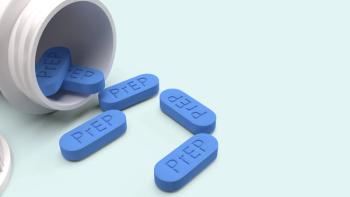
Strategies include improving compliance, convenience, symptom management, and reducing stigma around pre-exposure prophylaxis for HIV.

Nuances can lead to frequent areas of confusion.
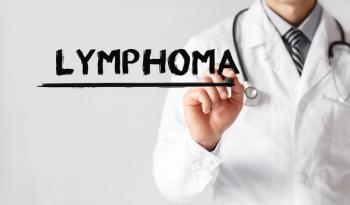
Improved classification of different lymphoma types can improve the potential of targeted therapies and help predict patient responses.

Most patients with myelofibrosis will develop anemia over the course of the disease, with more than 30% discontinuing treatment as a result.

In this episode of Pharmacy Focus: Student Edition, we dive deep into the world of scholarship funds from Good Neighbor Pharmacy and Cencora, designed to support Black student pharmacists.

Study results could lead to an FDA approval for MDMA to treat post-traumatic stress disorder by the end of 2023.

As research and clinical experience continue, Hemangeol's role in the management of infantile hemangioma is likely to expand, further improving the lives of affected children.
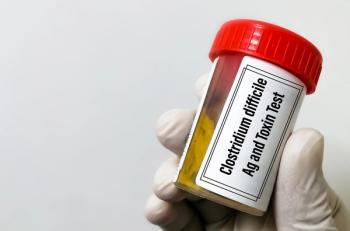
Although antibiotics are the standard-of-care treatment for Clostridioides difficile infection, they can cause further microbiota changes that predispose patients to recurrence.

Community pharmacies and organizations can collaborate to tailor strategies and interventions and address the challenges and specific needs of the community.
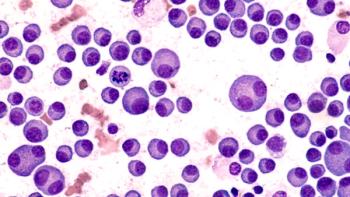
Bispecific antibodies have 2 distinct binding domains, which interact with either CD3 on T cells or a tumor-associated antigen on the tumor cell surface.

As a once-daily oral treatment, orforglipron could help address barriers to injectable medications, such as semaglutide and liraglutide.
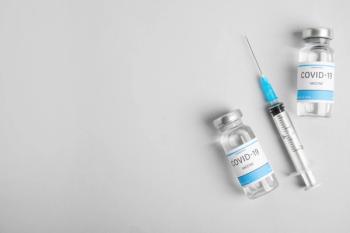
Expert panelists addressed concerns about the COVID-19 vaccine costs, availability, efficacy, and timing.

The "interchangeable" designation has created confusion around the difference between biosimilars designated as interchangeable and those that are not.

AI is able to quickly analyze, identify, and route data for investigation.

Heart disease prevention efforts should acknowledge non-biological factors that can cause issues within cardiovascular health rather than relying on decreasing socioeconomic disparities.
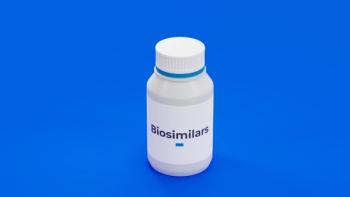
Clinicians raise concerns about immunogenicity, product quality, and reimbursement for biosimilars.
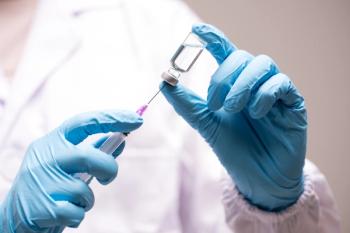
Compared with COVID-19 vaccination alone, recent study findings show health care workers who received both a COVID-19 booster and influenza vaccinations did not have lower immune response or more frequent adverse events.
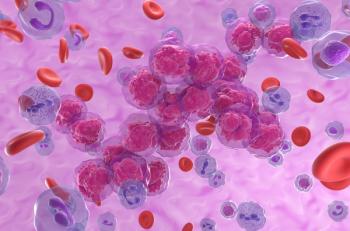
The use of base editing to generate universal, off-the-shelf CAR T cells is a promising approach for relapsed leukemia, with potential implications for the future of gene therapy.

Investigators found an approximately 23% decrease in overall cancer incidence in April 2020, specifically for breast, colon, rectal, head and neck cancers, as well as melanoma and endocrine cancer diagnoses.

Symptoms of dementia can be difficult to differentiate from typical age-related behavior changes and other common and potentially curable conditions.

Evidence-based programs and policies to improve vaccine uptake are necessary for both caregivers and the general public because influenza vaccine coverage remains low for both groups.
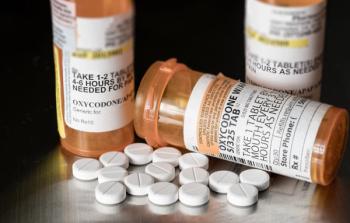
Experts agreed that it was appropriate for patients who use methamphetamine or cocaine to continue opioid use if clinician monitoring was increased and tapering was avoided.

The CDC emphasized the need for protein-based vaccine options in endorsing a vote by the Advisory Committee on Immunization Practices for the universal recommendation of the 2023-2024 monovalent, XBB containing COVID-19 vaccines.

Children born at 24- through 34-weeks’ gestation could have neurobehavioral problems and developmental dysfunctions, including language, executive function, attention, and behavioral disorders.

The wellness pharmacist uniquely focuses on patient quality of life and personalized care to help patients achieve health beyond a prescription alone.
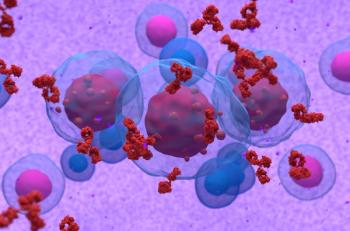
Bispecific antibodies have offered a new treatment approach in relapsed/refractory multiple myeloma, with promising results in preclinical studies for multiple cancers and hematological malignancies.

Telemedicine approaches for HIV can help reduce stigma that is often a challenge in face-to-face clinical settings and eliminate common logistical barriers, such as transportation.
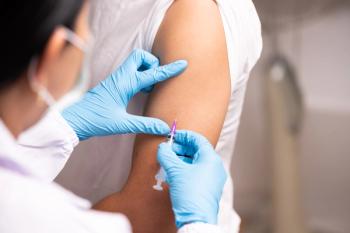
While monitoring influenza virus resistance as it develops, researchers are prioritizing further investigations to decrease the risk of resistant strains.